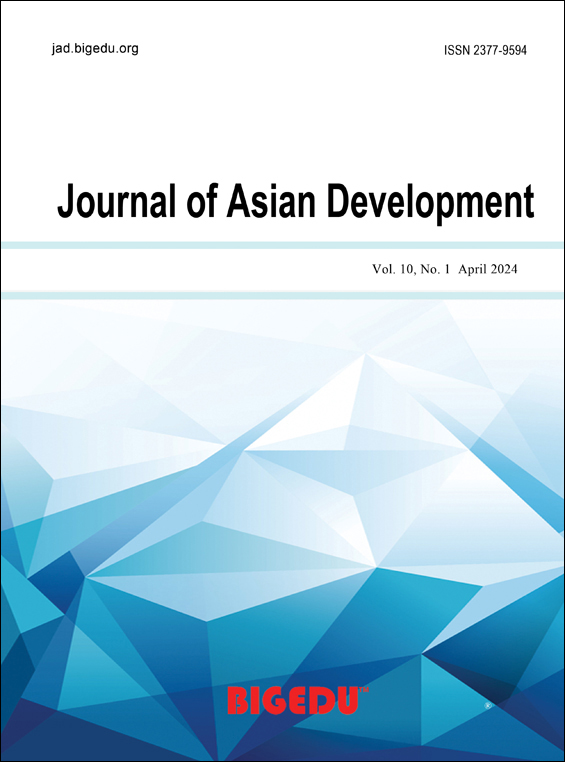Theoretical Discussions on China’s Rise in the Era of Globalization
DOI:
https://doi.org/10.52941/jad.v9i2.45Keywords:
Globalization, East Asian Studies, China Studies, International Relations, International Relations theoryAbstract
The rise of China in the 21st century has triggered long-lasting debates and has evolved into one of the most popular and heated topics in contemporary international relations (IR) scholarship. The key query on China’s rise is how it will interact with the rest of the world. This paper discusses China’s rise by engaging with the mainstream theoretical discussions in IR from the three schools of thought—liberalism, realism, and constructivism. From an analytical perspective, this paper examines these existing theoretical discussions on the rise of China, evaluates their arguments, and compares their reasoning logic. Finally, this paper suggests that China being a revisionist power is often an overexaggerated claim lacks convincing evidence. In fact, throughout the years, China’s behaviors in global governance imply a tendency to climb-up within the existing status quo, rather than overthrowing or replacing it.
Downloads
Published
How to Cite
Issue
Section
License
Copyright (c) 2023 Ka Leung Andy Li

This work is licensed under a Creative Commons Attribution-NonCommercial 4.0 International License.
Copyrights of all articles published in Bigedu Foundation are retained by the authors, with first publication rights granted to the journal. The journal/publisher is not responsible for subsequent uses of the work.
All articles are published under the Creative Commons Attribution (CC-BY) license.
Authors have the rights to reuse, republish, archive, and distribute their own articles after publication, and undertake to permit others to distribute, remix, adapt, and build upon this work non-commercially provided the original work is properly cited. The full guidance that applies to the CC-BY license can be found at http://creativecommons.org/licenses/by/4.0/







